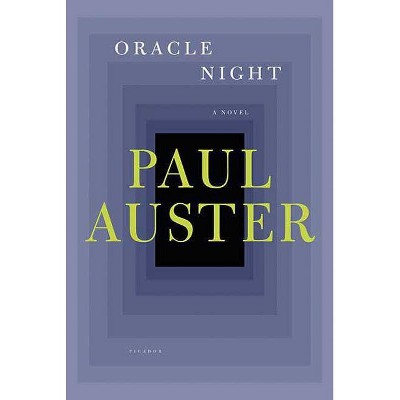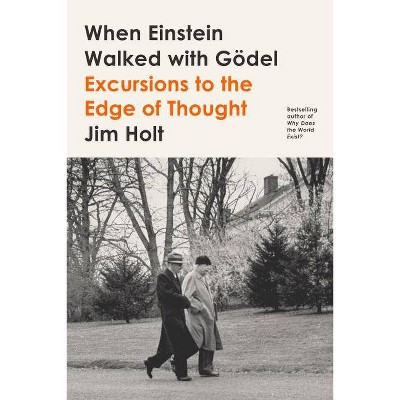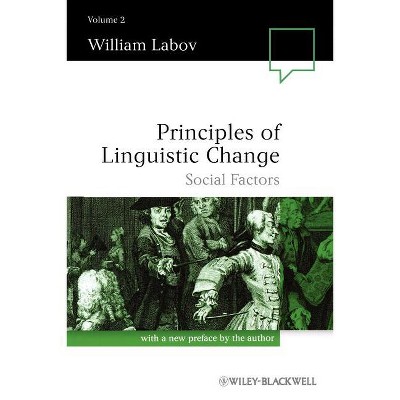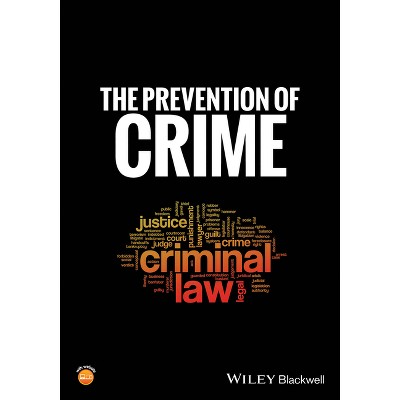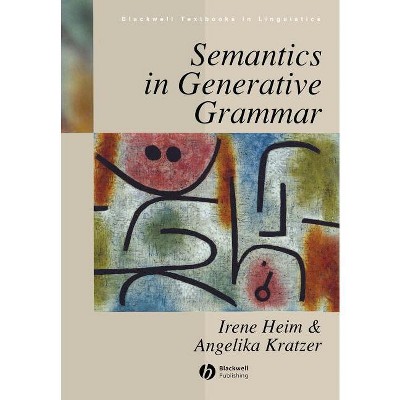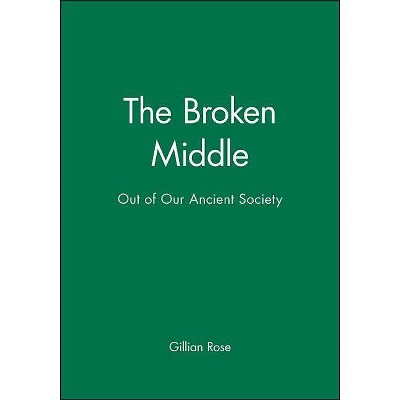Sponsored

The Condition of Postmodernity - by David Harvey (Paperback)
In Stock
Sponsored
About this item
Highlights
- In this new book, David Harvey seeks to determine what is meant by the term in its different contexts and to identify how accurate and useful it is as a description of contemporary experience.
- About the Author: David Harvey is Professor of Geography at the Johns Hopkins University.
- 392 Pages
- History, Modern
Description
Book Synopsis
In this new book, David Harvey seeks to determine what is meant by the term in its different contexts and to identify how accurate and useful it is as a description of contemporary experience.From the Back Cover
A great deal has been written on what has variously been described as the post-modern condition and on post-modern culture, architecture, art and society. In this new book, David Harvey seeks to determine what is meant by the term in its different contexts and to identify how accurate and useful it is as a description of contemporary experience.But the book is much more than this: in the course of his investigation the author provides a social and semantic history - from the Enlightenment to the present - of modernism and its expression in political and social ideas and movements, as well as in art, literature and architecture. He considers in particular how the meaning and perception of time and space themselves vary over time and space, and shows that this variance affects individual values and social processes of the most fundamental kind.
This book will be widely welcomed, not only for its clear and critical account of the arguments surrounding the propositions of modernity and post-modernity, but as an incisive contribution to the history of ideas and their relation to social and political change.
Review Quotes
"Devastating. The most brilliant study of post-modernity to date. David Harvey cuts beneath the theoretical debates about postmodernist culture to reveal the social and economic basis of this apparently free-floating phenomenon. After reading this book, those who fashionably scorn the idea of a 'total' critique had better think again." Terry Eagleton
"Few people have penetrated the heartland of contemporary cultural theory and critique as explosively or insightfully as David Harvey." Edward Soja
"David Harvey's book is probably the best yet written on the link between ... economic and cultural transformations." Financial Times
"David Harvey's engrossing book is probably the most readable, ambitious, and intelligent work on postmodernism yet published." Voice Literary Supplement
"In Harvey's skilful hands various strands of contemporary life, normally held far apart by specialized scholarly interests, come together again and are shown to fit with each other ... a marvellous, enjoyable and mind-opening book." Times Literary Supplement
About the Author
David Harvey is Professor of Geography at the Johns Hopkins University. From 1987 to 1993 he held the Halford Mackinder Chair of Geography at Oxford University. His previous books include Social Justice and the City, The Limits to Capital (available in the USA from the University of Chicago Press, and elsewhere from Blackwell Publishers, UK) and The Urban Experience (available in the USA from the Johns University Press, and elsewhere from Blackwell Publishers, UK).Shipping details
Return details
Frequently bought together

Trending Non-Fiction






